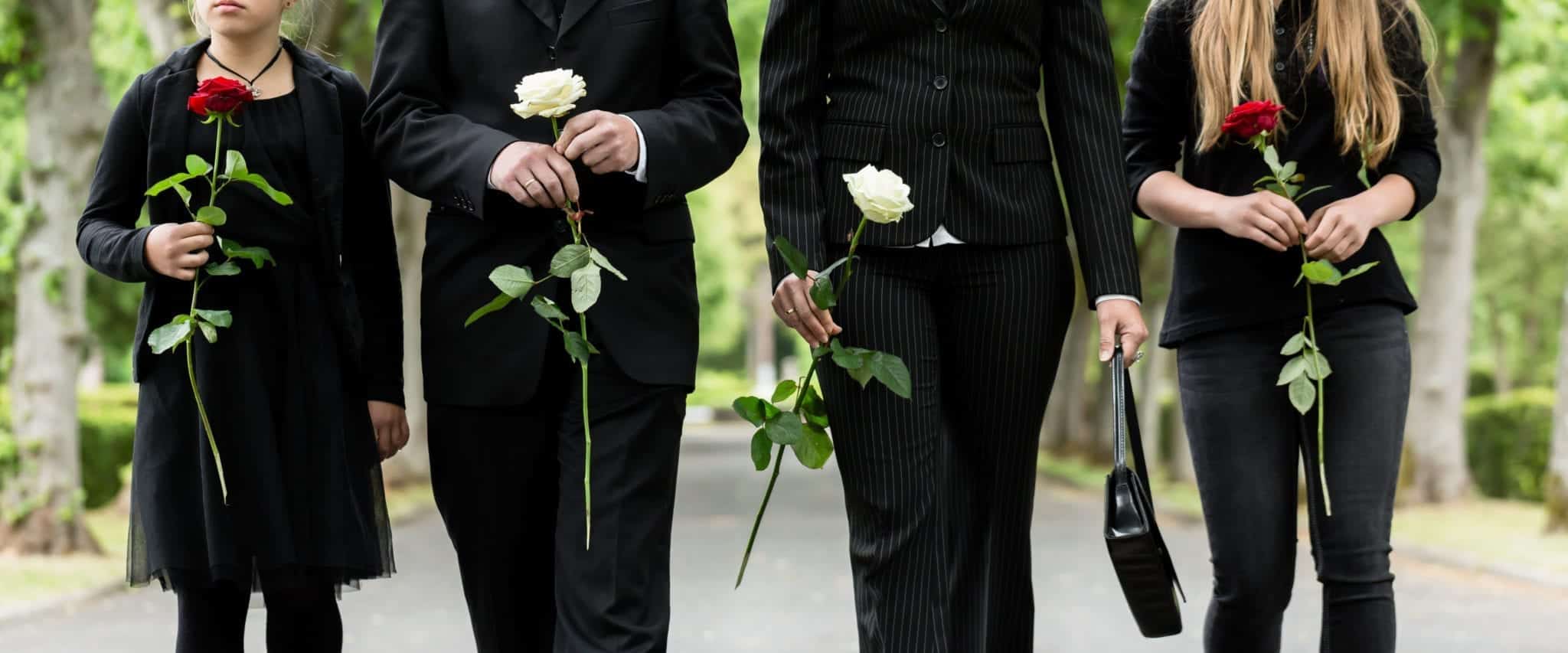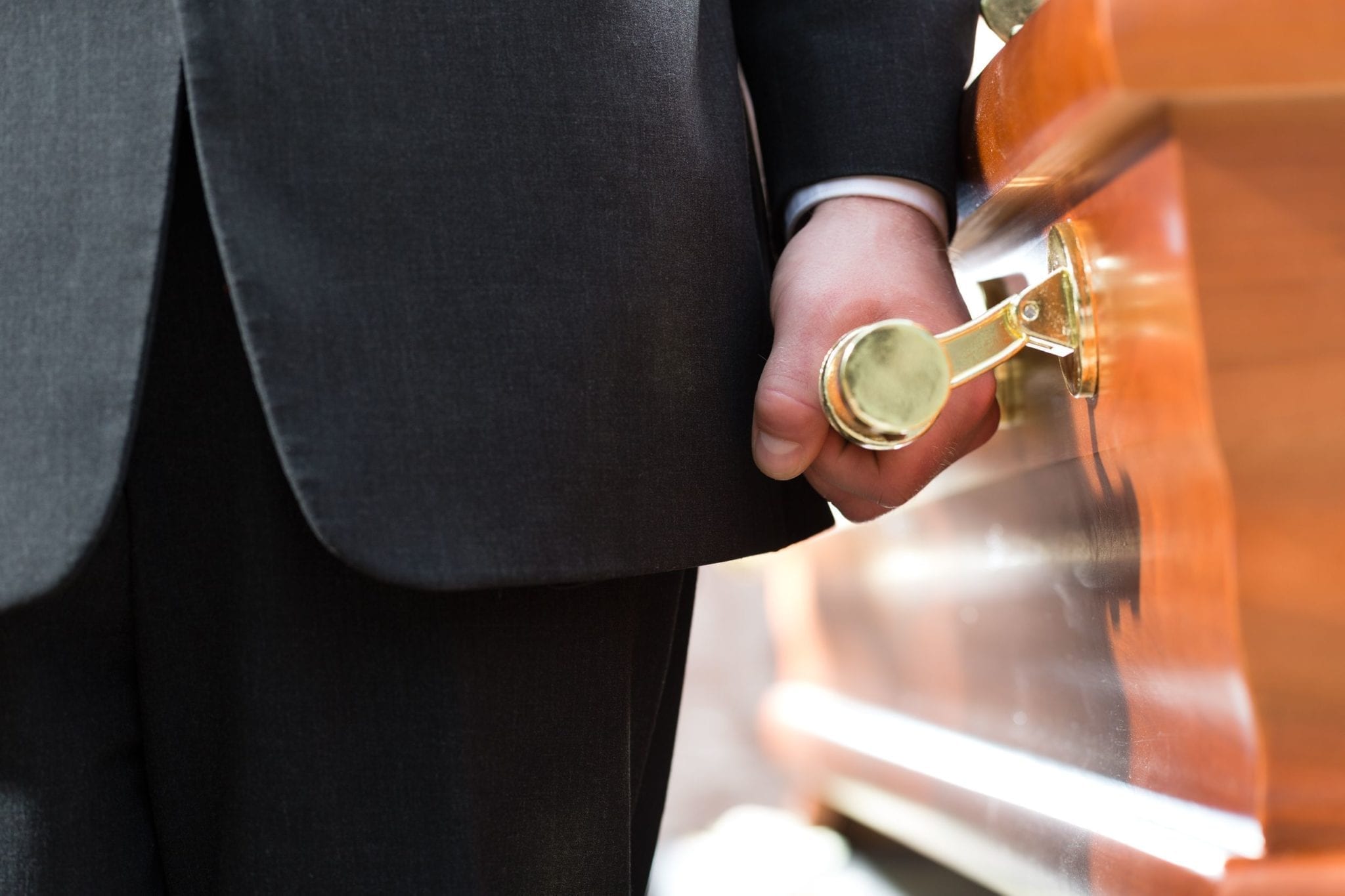Who Can File for Wrongful Death in Florida?
When your loved one dies as a result of the negligence, recklessness, or misconduct of another party, it is excruciatingly hard to pick up the pieces and make sense of the loss. You are not only struggling to cope with the death of your loved one, but also trying to understand how this accident could have happened.
Additionally, if you’re like many people, you may also be struggling with financial concerns, including lost wages and benefits, medical bills, and funeral expenses. If your family faces an uncertain financial future, this distress only compounds the loss of your loved one. Although a wrongful death suit cannot bring back your loved one, it can help secure you and your family’s financial future, while holding the responsible parties accountable for their role in your loved one’s death.
The most common types of wrongful death suits include motor vehicle accidents, pedestrian accidents, medical malpractice, and workplace accidents. However, if you believe that your loved one’s death occurred under any negligent or preventable circumstances, consult with a personal injury attorney to determine if a wrongful death suit is appropriate.
Survivors Who Are Eligible to File Wrongful Death Suits
Immediate family members are eligible to be named in wrongful death suits, as are other dependents. In Florida this includes spouses, children, and dependent blood relatives or adoptive siblings.
However, under the laws of our state, the personal representative of the decedent is the one who actually files suit, and they do so on behalf of all eligible family members. If a personal representative is not named in the decedent’s will, one will be appointed.
Let’s go over each potential eligible beneficiary.
Spouses. If the decedent was married, the spouse is absolutely eligible to be named in the wrongful death suit. However, since the suit is filed on behalf of all the decedent’s dependents, it will include damages for other family members if there are any.
Children. Children of the decedent are eligible to seek damages for the wrongful death of a parent. In some states, adult children cannot seek damages in wrongful death suits, but in Florida they do qualify for some types of compensation.
Parents. Parents of a deceased minor child may also file a wrongful death suit, seeking damages for pain and suffering and potentially for medical and/or funeral expenses. Parents of an adult child are not eligible to seek certain types of damages. Consult with a lawyer to better understand your situation.
Dependent blood relatives or adoptive siblings. Blood relatives or adoptive siblings who were financially dependent upon the decedent are also able to seek damages for a wrongful death. These damages usually include lost income, but may also include emotional damages such as pain and suffering.
Damages Available to Survivors
Survivors are able to seek a number of different damages in a wrongful death suit. The types of damages sought typically depend upon the nature of the survivor’s relationship with the decedent, and potentially upon the nature of the death.
Lost support and services. Family members who were dependent upon the decedent for financial support or other benefits such as insurance or social security are able to seek damages for lost support and services. This most commonly includes spouses and minor children, but can include other immediate family members who were financially dependent upon the decedent.
If the decedent was injured for some time prior to the death and was forced to miss work, damages may include lost wages during this time period. Lost wages that would have been earned were it not for the untimely death are usually sought, which include wages that would have been earned between the death and time of anticipated retirement.
Emotional damages. Family members may also seek emotional damages. In the case of spouses, this can include lost companionship of the decedent and for the emotional trauma arising from the death. Minor children may also seek emotional damages.
Minor children’s lost parental companionship. Minor children may be awarded damages for the lost benefits of the parental relationship with the decedent, including comfort and support.
Medical and/or funeral expenses. Any medical expenses arising from the accident that ultimately led to death of the decedent are typically included in a wrongful death suit. Funeral expenses paid by family members are also included.
Punitive damages. Depending upon the circumstances of the death, punitive damages may also be sought. Punitive damages are typically sought when the defendant engaged in particularly reckless or egregious behavior that resulted in the decedent’s death. This is designed to punish the defendant and to deter similar future behavior.
Again, if you are unsure about your eligibility to receive compensation or about what kinds of compensation you may qualify for, the best way to know for sure is to speak to an experienced Florida wrongful death attorney as soon as possible.
About the Author:
Andrew Winston is a partner at the personal injury law firm of Winston Law. For over 20 years, he has successfully represented countless people in all kinds of personal injury cases, with a particular focus on child injury, legal malpractice, and premises liability. He has been recognized for excellence in the representation of injured clients by admission to the Million Dollar Advocates Forum, is AV Preeminent Rated by the Martindale-Hubbell Law Directory, enjoys a 10.0 rating by AVVO as a Top Personal Injury Attorney, has been selected as a Florida “SuperLawyer” from 2011-2017 – an honor reserved for the top 5% of lawyers in the state – and was voted to Florida Trend’s “Legal Elite” and as one of the Top 100 Lawyers in Florida and one of the Top 100 Lawyers in the Miami area for 2015, 2016, and 2017.
 Common Back-to-School Injuries Parents Need to Watch Out For
Common Back-to-School Injuries Parents Need to Watch Out For 


















